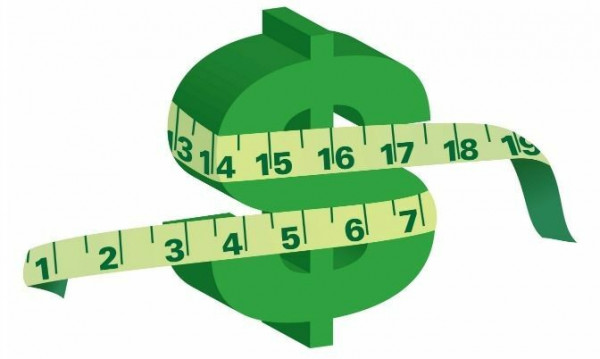Many are finding their wings and flying away from mom and dad and the money that comes with them. Young adults want the independence, but many do not know how to navigate the world of loans, interest payments, budgeting and credit.
Financial Advisor Ian Webster – The Financial Fighter – has experienced the pitfalls of easy credit card access and student loans. He ran up credit card expenses right out of high school and spent the next few years dodging debt collectors calling his house. Same deal with his student loan. He learned from his mistakes and, ironically, went into the field of finance to become a leading expert and assist others in making the right decision – especially during the critical years of establishing good credit.
The average Canadian student who gets a loan will graduate with about $28, 000 of debt. Ian has five key tips to graduating with little or no debt:
* Do your taxes! Tax credits can be carried over into the following year. Even if you don't work throughout the year, tax credits will enable you to possibly get a refund.
* Get a part-time job on the weekend strictly for student debt. At $13/hr at 4 weekends a month, you would make approximately $832 @ 8 months = roughly $6000.
* Bursaries/Grants - there are hundreds available that are not just academic- there's even one based just on your height from the International Association of Tall People! Do your research, it will pay off.
* Barter your services - cooking skills, hairdressing/barber skills and tutoring are all commodities in college/university. Use them to your advantage to trade on services or start a side business. Use that extra money towards your student loan
* Do not sign up for a credit card. Establishing credit is important, but most students don't have the financial discipline as yet. If you do, get one with a low limit and ignore requests to raise it. Pay off your balance every month!
It’s the advice that you’ve heard before and standard from any top financial advisor: do a budget. Know how much is coming in and how much is going out. Once you see it on paper, you will have a better handle on your money and won’t feel overwhelmed. There are a few low risk investments that you can make over the period of four years that you can apply to your loan afterward.
For example: You can save $100 per month in a Canadian Equity Fund at 7% per annum and end up with $5,659.00 in 4 years.
What you don’t want to do is claim for bankruptcy after graduation. It will be on your record for 7 years and stall you from getting your life started in making purchases such as a condo, house or car. If you find that you can’t manage your debt, speak to a financial advisor and have them consolidate your debts and set up a payment schedule with creditors. The worst thing you can do is avoid dealing with debt collectors.
Apply these tips during your time in post-secondary education and you’ll leave with more than just a degree. You’ll leave ahead of the class in the game of life.
Ian Webster is a Financial Advisor who speaks from experience - from dodging student loan calls to dealing with maxed out credit card bills - he has taken his financial missteps and learned from them, becoming a successful money manager and advisor in his field.
More info at: www.financialfighter.com

 By Ian Webster
By Ian Webster 







